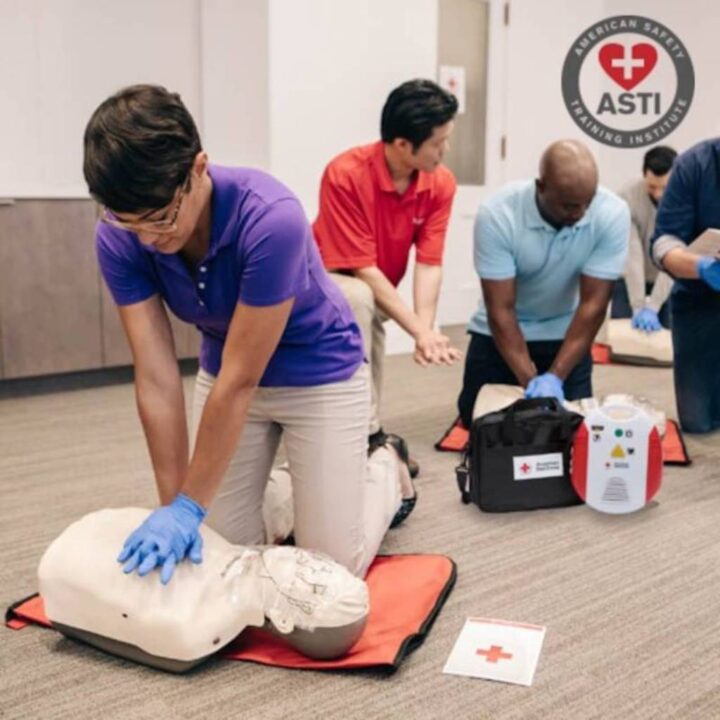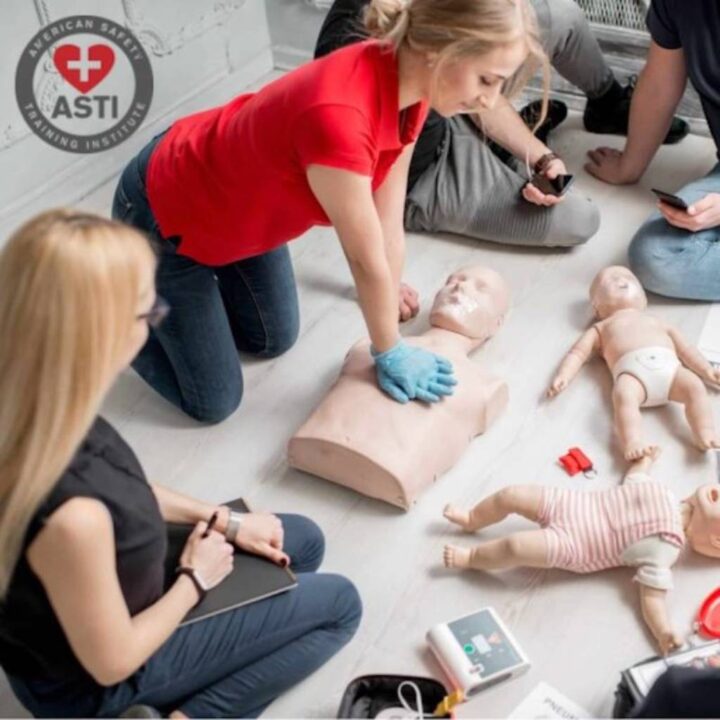When lives are on the line, every second matters—and so does the level of preparation. While basic CPR is vital for the general public, CPR Pro Certification is designed for professionals who need advanced life-saving skills and the confidence to act swiftly in high-pressure situations.
These professionals often operate in environments that involve high-risk scenarios, specialized equipment, and coordinated team responses. Below are the key careers where CPR Pro Certification isn’t just a recommendation—it’s a requirement.
Emergency Medical Technicians (EMTs) and Paramedics
EMTs and paramedics are often the first medical responders at the scene of emergencies such as cardiac arrests, accidents, and trauma incidents. Their ability to administer advanced resuscitation can be the difference between life and death.
CPR Pro Training equips them with:
- Two-rescuer CPR techniques
- Bag-valve-mask (BVM) ventilation
- Proficient AED (Automated External Defibrillator) use
This advanced training ensures EMTs and paramedics are prepared to provide coordinated, rapid, and effective care, even in the most chaotic environments.
Firefighters
Firefighters do more than battle blazes—they’re also first responders in medical emergencies. From pulling victims from burning buildings to responding to 911 calls, they often face critical care situations.
CPR Pro Certification enables firefighters to:
- Handle life-threatening cardiac or respiratory emergencies
- Participate in team-based resuscitation scenarios
- Provide immediate care until paramedics arrive
In most jurisdictions, CPR Pro training is mandatory during both initial firefighter training and continued service.
Registered Nurses and Healthcare Professionals
In hospitals, clinics, and outpatient centers, nurses and other healthcare professionals are responsible for monitoring patients and reacting quickly to sudden health crises. Pro-level CPR training is especially vital in high-acuity environments.
This training covers:
- Clinical application of CPR
- Bag-valve-mask use in patient care
- Working within code teams during emergencies
Healthcare facilities typically require CPR Pro Certification for nurses working in critical units such as the ER, ICU, and cardiac care.
Lifeguards and Aquatic Safety Personnel
Lifeguards must be ready to respond instantly to drowning or near-drowning incidents. These emergencies demand more than just basic CPR—they require specialized skills and equipment for water-based rescue.
CPR Pro Training helps lifeguards:
- Administer advanced airway support
- Use oxygen tanks and rescue masks effectively
- Perform water-specific resuscitation techniques
Whether at a pool, water park, or beach, employers often mandate CPR Pro Certification as part of lifeguard qualifications.

Police Officers and First Responders
Law enforcement officers are often first on the scene in emergencies involving trauma, drug overdoses, or cardiac arrest. While their role isn’t long-term medical care, their immediate intervention can be life-saving.
CPR Pro Certification prepares officers to:
- Deliver high-performance CPR
- Operate AEDs with confidence
- Support medical responders during team-based emergencies
Many police departments require CPR Pro Certification as part of their standard training protocols.
Final Consideration
In high-risk, high-impact careers, CPR Pro Certification is more than a credential—it’s a critical competency. For those in emergency services or healthcare roles, this training builds the readiness, precision, and confidence to act decisively when every moment counts.
If you’re entering or already working in one of these vital professions, maintaining your CPR Pro Certification with CPR Professor can make all the difference—turning knowledge into action, and action into lives saved.




